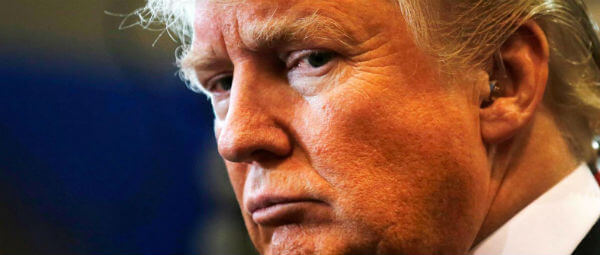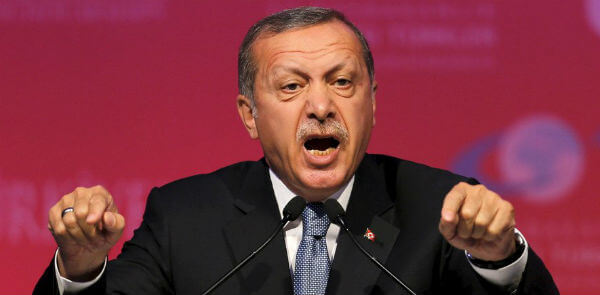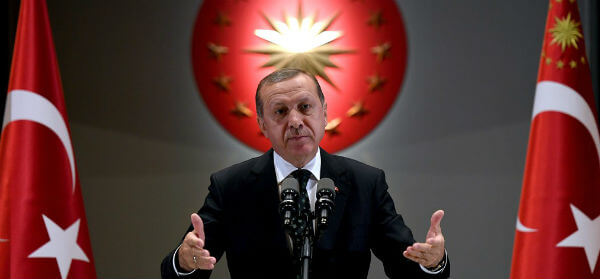
Buzzfeed reports: The head of NATO has called for solidarity and warned that European security is tied to the safety of the United States, following remarks by Donald Trump that he would intervene to help only NATO allies who “fulfilled” their obligations to the US.
“Solidarity among allies is a key value for NATO. This is good for European security and good for US security. We defend one another,” Secretary General Jens Stoltenberg told BuzzFeed News.
The Republican presidential candidate’s comments to the New York Times at the Republican National Convention in Cleveland are also expected to send a chill through Baltic members of NATO, which have witnessed growing Russian aggression on their borders in the past two years.
Asked explicitly whether the US would come to the aid of Baltic nations that are threatened by Russia, Trump responded, “If they fulfill their obligations to us, the answer is yes.”
Article 5 of the NATO treaty states that the 28 members – the US was a founding member in 1949 – agree to come to the aid of any member should they be attacked. [Continue reading…]
The only time Article 5 has been invoked was after Al Qaeda’s attack on Trump’s home town, in response to which America’s NATO allies showed no hesitation in coming to this country’s defense.
NBC News reports: NATO’s treaty states that an attack on one member state constitutes an attack on all, a principle enshrined in Article 5 of the alliance’s treaty.
“If Trump wants to put conditions through Article 5, he would endanger the whole alliance,” said Beyza Unal, a fellow at the London-based Chatham House think tank.
Sarah Lain, a fellow at the Royal United Services Institute, agreed. She said that Article 5 is the “core” of NATO’s defense strategy.
“The suggestion that Trump may consider abandoning a guarantee of protection to fellow NATO countries would in some ways indeed make NATO obsolete,” Lain told NBC News in an email. [Continue reading…]




